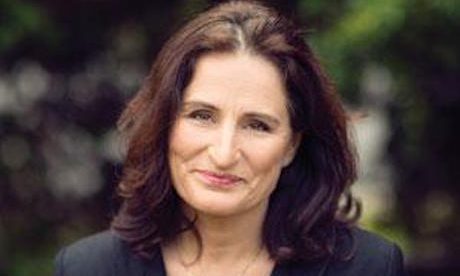We can never truly understand another’s experience of dying, or understand what happens psychically, spiritually, physically and emotionally when a person is close to death.
An incredibly subjective experience, we can only make guesses as to what being in that ‘twilight zone’ of hovering between life and death might actually be like.
When I worked in hospitals in a pastoral care and chaplaincy role for a decade, I noticed a variety of responses to death from people as they approached this inevitability. Sometimes I found that those with a strong religious background might fear death because of what they were taught about hell as a child.
For others, it might be that they wanted to die because they felt they had become a burden to their families.
Exploring the emotional and social context of a person’s life is incredibly important for those working in pastoral and palliative care. In particular, aiming to discern: What really are the major concerns in this person’s life? What kind of death do they really want? Are they afraid of death? Or are they afraid of what comes after death?
As Moira Byrne Garton previously pointed out in the March edition of The Good Oil, euthanasia is an issue that can be extremely complex and subjective.
Unlike physical suffering, the spiritual and emotional dimension of suffering may never be fully understood or communicated by a patient or loved one.
The search for peace is integral to being human and when patients find themselves at peace with God, they are more likely to be more at peace within themselves. I cannot tell you how many times as a pastoral carer I heard the phrase “I want to die”, by a terminally ill or critically ill patient.
Yet in many of those situations I encountered, it was often existential suffering that was the biggest motivator of the statement “I want to die”, rather than direct physical suffering.
Existential suffering can only be uncovered by deeply exploring someone’s feelings, fears, and apprehensions about their life – what it has meant, what it means now, and what they believe about what happens to us after death, and so on. Continue reading
- Joanna Thyer worked for ten years as a pastoral carer and chaplain in major hospitals. She is also a published author. Her most recent work is 12 Steps to Spiritual Freedom (Loyola Press, 2014).
- This article is re-published from The Good Oil, the e-magazine of the Good Samaritan Sisters, with the permission of the Editor.
